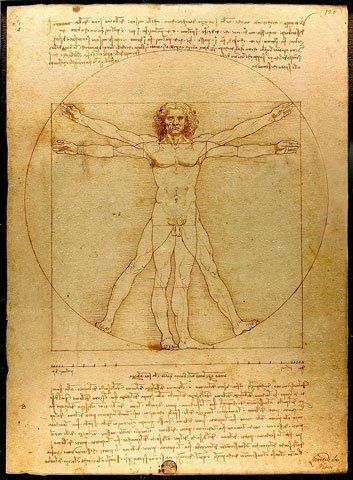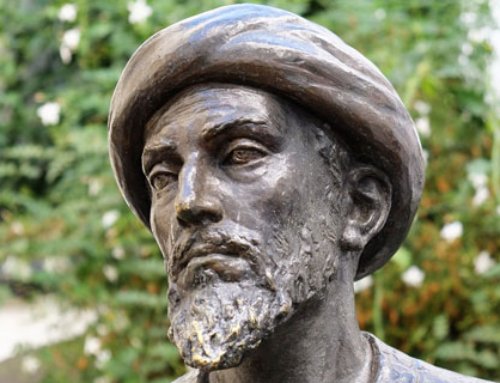What kind of philosophy is humanism? If you listen to its opponents, you would think it is a doctrinal collection of social goals, justified by an arbitrary and dogmatic materialistic-atheistic worldview. Leaders from religious right-wing circles often say that humanism begins with the belief that there is no god; that evolution is the cornerstone of humanist philosophy; that all humanists believe in situational ethics, euthanasia, and the right to suicide; and that the primary purpose of humanism is the establishment of a global one-world government.
And indeed, most humanists are non-theistic, have a non-absolutist approach to ethics, support a dignified death, and value global thinking.
But such views are not central to the philosophy. To understand where humanism begins, and to discover where such ideas fit into its general structure, it is necessary to present humanism as a hierarchy of positions.
Certain basic principles must first be set out: those ideas that unite all humanists and form the foundation of philosophy. Once this is done, humanistic conclusions about the world can follow conclusions which, by the nature of scientific research, must be cautious.
Then, once the foundations have been laid, an appropriate social policy can be recommended, recognizing the differences of opinion that exist within the humanist community. From this approach one can see humanism in perspective – in a way that reveals its non-dogmatic and self-correcting nature.
The central ideas of humanism can then be organized in a practical structure along the lines mentioned above.
Foundations of humanism
Humanism stimulates thinking as individuals.
- There is no area of thought that humanists are afraid to explore, challenge, question or doubt.
- They are not willing to follow a doctrine or adopt a set of beliefs or values that do not convince them personally.
- Through this unbridled spirit of free research, they can acquire new knowledge and new ways of looking at themselves and the world.
Humanists make reasoned decisions.
- Because human experience with approaches that abandon reason convinces them that such approaches are inadequate and often counterproductive to the realization of human goals.
- After all, any belief is possible if a person’s thinking is driven by arbitrary belief, authority, revelation, religious experience, altered states of consciousness, or other substitutes for reason and evidence.
They base their understanding of the world on what they can perceive with their senses and understand with their minds.
- Anything that is said to be meaningful must be meaningful to the humanist; otherwise there is no reason to use it as a basis for decisions and actions.
- Assumed transcendent knowledge or intuitions that are said to extend beyond human understanding cannot guide humanists. They find them unacceptable, because all assumed absolute moral rules adopted as a result of this arbitrary leap are themselves made arbitrary by the unfounded nature of the leap itself.
Human knowledge is not perfect.
- Humanism recognizes that the tools for testing knowledge – the human senses and human reason – are fallible, making all knowledge and scientific conclusions about the nature of the world uncertain.
- What is true of scientific conclusions is even more true of moral choices and social policies; the latter are subject to constant review in the light of both the fallible and cautious nature of the knowledge available and the constant shifts in social conditions.
Humanism states that human values only make sense in the context of human life.
- An assumed non-human existence after death cannot therefore be included as part of the environment in which values must function.
- The here-and-now physical world of the human senses is the world relevant to ethical concerns, goals and aspirations.
Humanists base ethical decisions and ideals on human needs and concerns, as opposed to the perceived needs and concerns of perceived deities.
- They measure the value of a particular choice by the influence it has on human life, involving the individual, families, society and the peoples of the earth.
- This human perspective limits humanists to human ways of understanding the world and to human motives and aspirations as driving forces.
Humanism practices its ethics in a living context rather than a theoretical ideal.
- Humanists oppose absolutist moral systems that attempt to strictly apply ideal moral values as if the world itself were ideal.
- They recognize that conflicts and moral dilemmas do occur and that moral choices are often difficult and cannot be inferred from simplistic standards and rules of thumb.
“Humanism is a rational philosophy based on science, inspired by art and motivated by compassion.”






